Home>Gardening & Outdoor>Landscaping Ideas>What To Spray On My Lawn To Kill Weeds But Not Grass
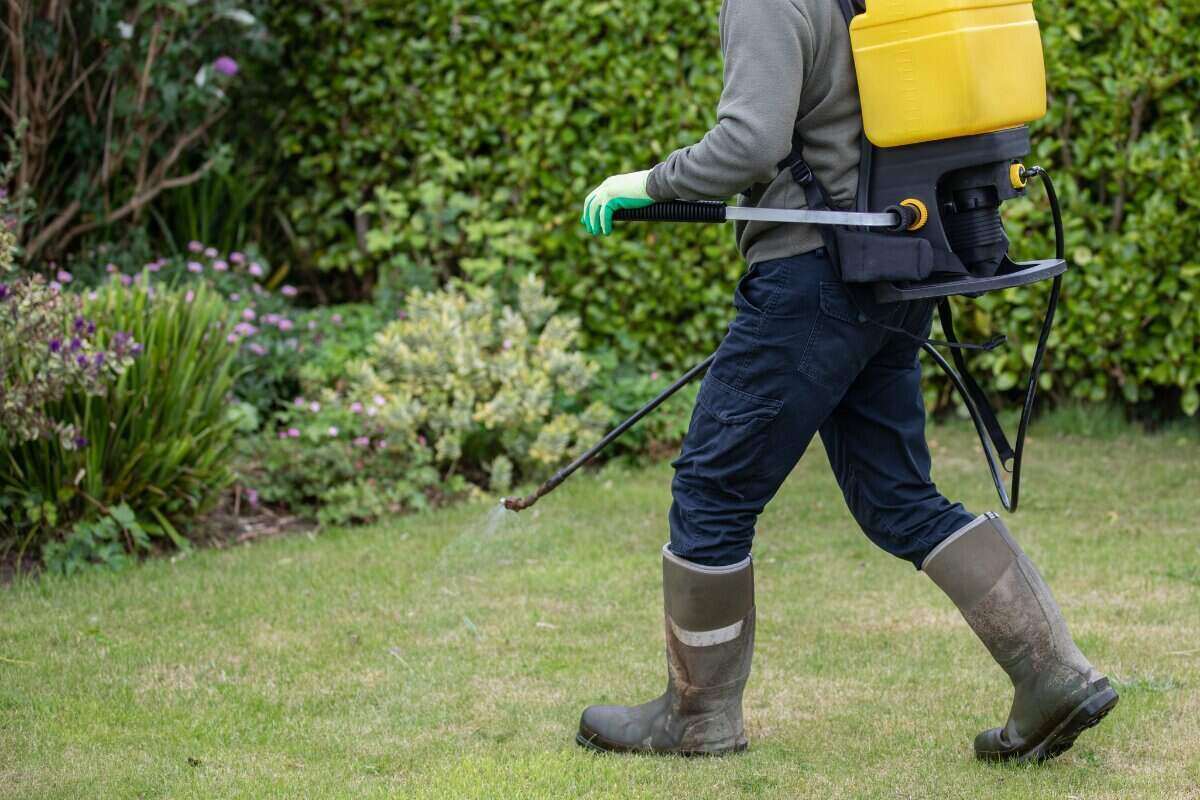

Landscaping Ideas
What To Spray On My Lawn To Kill Weeds But Not Grass
Published: January 28, 2024
Discover effective landscaping ideas for killing weeds without harming your grass. Find the best products to spray on your lawn and achieve a weed-free landscape.
(Many of the links in this article redirect to a specific reviewed product. Your purchase of these products through affiliate links helps to generate commission for Storables.com, at no extra cost. Learn more)
Introduction
Welcome to the battle of the lawn: weeds versus grass. Keeping your lawn lush and green is a labor of love, and nothing can disrupt that love affair quite like an invasion of weeds. Weeds are the uninvited guests that seem to thrive no matter what you do. They poke through the soil, disrupt the uniformity of the grass, and can turn a pristine lawn into a patchy eyesore.
Thankfully, there are ways to combat these pesky intruders without harming the grass you’ve worked so hard to nurture. Understanding the different types of weed killers, their applications, and the precautions to take can help you effectively control weeds while preserving the health and beauty of your lawn.
In this guide, we’ll explore the various options for weed control, including selective and non-selective weed killers, natural and homemade remedies, and essential tips to ensure that your lawn remains a flourishing oasis, free from the clutches of unwanted weeds.
Key Takeaways:
- Selective herbicides target specific weeds without harming the grass, while non-selective herbicides kill a wide range of plants. Understanding the types of weed killers is crucial for effective weed control.
- Natural and homemade weed killers offer eco-friendly alternatives for weed control, using ingredients like vinegar and salt. Following precautions and tips ensures responsible and effective weed management.
Read more: How To Kill Weeds In Lawns
Understanding Weed Control
Weeds are resilient, opportunistic plants that can quickly take over a lawn if left unchecked. Understanding the principles of weed control is crucial for maintaining a healthy and vibrant lawn. Weed control involves the management and elimination of unwanted plants that compete with grass for water, nutrients, and sunlight.
Effective weed control encompasses a combination of preventative measures, cultural practices, and the use of herbicides. Preventative measures include maintaining proper lawn care practices, such as regular mowing, watering, and fertilizing, to promote the health and density of the grass, thereby reducing opportunities for weeds to establish themselves.
Cultural practices, such as overseeding to fill in bare patches and improving soil health, can also contribute to weed prevention. However, when weeds do appear, the strategic application of herbicides becomes essential. Selective herbicides target specific types of weeds while minimizing harm to desirable plants, making them ideal for treating weed-infested lawns without causing harm to the grass.
Non-selective herbicides, on the other hand, are designed to kill a wide range of plants and are often used in areas where complete vegetation control is necessary, such as driveways and sidewalks. Understanding the distinctions between these types of herbicides is crucial for effective weed control while preserving the health and aesthetics of the lawn.
By gaining a deeper understanding of weed control principles and the various options available, you can proactively combat weeds and maintain a flourishing lawn that becomes the envy of the neighborhood.
Different Types of Weed Killers
Weed killers, also known as herbicides, come in various formulations designed to target and eliminate unwanted vegetation. Understanding the different types of weed killers is essential for effectively managing weed infestations while safeguarding the health of your lawn.
There are two primary categories of weed killers: selective and non-selective herbicides. Selective herbicides are formulated to target specific types of weeds while minimizing harm to desirable plants, such as grass. These herbicides are ideal for treating lawns where the goal is to eradicate weeds while preserving the integrity and aesthetics of the grass. Selective herbicides are available in both pre-emergent and post-emergent formulations, offering control against weeds at different stages of growth.
Non-selective herbicides, on the other hand, are designed to kill a wide range of plants, including both weeds and desirable vegetation. These herbicides are commonly used in areas where complete vegetation control is necessary, such as driveways, sidewalks, and gravel pathways. While non-selective herbicides are effective for total weed eradication, they require careful application to prevent damage to surrounding plants.
Within these categories, herbicides are further classified based on their mode of action. Systemic herbicides are absorbed by the plant and translocated throughout its system, effectively killing the entire plant, including its roots. Contact herbicides, on the other hand, only affect the parts of the plant they come into contact with, making them ideal for targeting above-ground foliage.
Understanding the distinctions between these types of weed killers empowers you to make informed decisions about the most suitable products for your specific weed control needs. Whether you’re dealing with broadleaf weeds, grassy weeds, or a combination of both, selecting the right herbicide is crucial for achieving effective and targeted weed control in your lawn.
Selective Weed Killers for Lawns
When faced with a lawn overrun by weeds, selective herbicides offer a targeted solution for eliminating unwanted plants while safeguarding the health and vitality of the grass. Selective weed killers are formulated to specifically target certain types of weeds, such as broadleaf weeds, while minimizing harm to grass and other desirable plants.
One of the most commonly used selective herbicides for lawns is 2,4-D, which effectively targets broadleaf weeds while leaving grass unharmed when used according to the manufacturer’s instructions. This herbicide is available in various formulations, including liquid concentrates and ready-to-use sprays, providing flexibility in application methods to suit different lawn sizes and weed infestations.
Another popular selective herbicide, dicamba, is effective against a wide range of broadleaf weeds, making it a valuable tool for maintaining weed-free lawns. When applied correctly, dicamba selectively targets weeds without causing harm to grass, offering a targeted and efficient approach to weed control.
For lawns plagued by stubborn weeds such as dandelions, clover, and chickweed, selective herbicides containing a combination of active ingredients can provide comprehensive control. These formulations are designed to target multiple types of broadleaf weeds, offering a broad-spectrum solution for reclaiming your lawn from invasive plants.
It’s important to note that selective herbicides should be applied with care, following the recommended application rates and timing to achieve optimal results while minimizing the risk of harm to the grass. Additionally, understanding the specific types of weeds present in your lawn is crucial for selecting the most appropriate selective herbicide to effectively combat the invasions.
By leveraging the targeted action of selective weed killers, you can reclaim the beauty of your lawn, restoring it to a lush and healthy state while bidding farewell to the unwelcome guests that threaten its splendor.
Non-Selective Weed Killers
Non-selective weed killers, also known as non-selective herbicides, are powerful tools for total vegetation control in areas where complete eradication of all plant life is necessary. Unlike selective herbicides, which target specific types of weeds while minimizing harm to desirable plants, non-selective herbicides are designed to kill a wide range of plants, including both weeds and desirable vegetation.
One of the most widely recognized non-selective herbicides is glyphosate, a broad-spectrum herbicide that effectively eliminates a diverse array of plants upon contact. Glyphosate is commonly used to clear vegetation from areas such as driveways, sidewalks, and gravel pathways, as well as for spot treatments in areas where complete vegetation control is required.
Another non-selective herbicide, pelargonic acid, offers a fast-acting and natural alternative for weed control. Derived from natural sources, pelargonic acid disrupts the cellular membranes of plants upon contact, leading to rapid desiccation and death. This non-selective herbicide provides an environmentally friendly option for managing weeds in various outdoor spaces.
Non-selective herbicides are available in different formulations, including ready-to-use sprays, concentrates, and granular formulations, offering flexibility in application methods to suit the specific needs of different areas. When using non-selective herbicides, it’s essential to apply them with precision to avoid unintended damage to desirable plants and to minimize environmental impact.
While non-selective herbicides are potent tools for achieving complete vegetation control, their use requires careful consideration to prevent unintended harm to surrounding plants and ecosystems. Proper application techniques, adherence to safety guidelines, and consideration of environmental factors are essential when employing non-selective weed killers to ensure effective and responsible vegetation management.
By understanding the capabilities and considerations associated with non-selective weed killers, you can leverage these potent tools to achieve targeted vegetation control and maintain the desired appearance and functionality of outdoor spaces.
Read more: What Kills Weeds But Not Grass
Natural and Homemade Weed Killers
For those seeking eco-friendly and DIY alternatives for weed control, natural and homemade weed killers offer effective solutions that minimize the use of synthetic chemicals while targeting unwanted vegetation. These remedies harness the power of natural ingredients to combat weeds, providing environmentally conscious options for managing weed infestations in outdoor spaces.
Vinegar, particularly horticultural vinegar with a higher acetic acid concentration, is a popular natural weed killer. When applied directly to the foliage of weeds, vinegar desiccates and damages the plant tissues, leading to their demise. This natural alternative offers a potent and eco-friendly method for controlling weeds in areas where complete vegetation control is not necessary.
Another common household ingredient, salt, can be used to create a natural weed killer. When dissolved in water and applied to weeds, salt disrupts the osmotic balance within the plant cells, leading to dehydration and eventual death. While salt can effectively control weeds, it’s important to use it sparingly and with caution, as excessive salt can have detrimental effects on soil health and surrounding plants.
Boiling water serves as a simple yet effective homemade weed killer. When carefully poured over weeds, boiling water damages the plant tissues, causing them to wither and perish. This natural approach is particularly suitable for targeting weeds in areas where vegetation control is needed but where the use of chemicals is not desirable.
Essential oils, such as clove oil and citrus oil, possess natural herbicidal properties and can be utilized to create homemade weed killers. When combined with a carrier substance and applied to weeds, these essential oils disrupt plant functions, leading to weed control without the use of synthetic chemicals.
When using natural and homemade weed killers, it’s important to apply them judiciously and with consideration for their potential impact on surrounding plants and soil. While these alternatives offer eco-friendly options for weed control, proper application and adherence to safety guidelines are essential to achieve effective and responsible vegetation management.
By exploring natural and homemade weed killers, you can embrace sustainable approaches to weed control, minimizing the environmental footprint while effectively managing unwanted vegetation in outdoor spaces.
Precautions and Tips for Weed Control
Effective weed control requires a combination of strategic approaches and careful considerations to achieve optimal results while safeguarding the health and aesthetics of your lawn and outdoor spaces. By implementing essential precautions and following valuable tips, you can navigate the realm of weed management with confidence and success.
1. Identify the Weeds:
Understanding the types of weeds present in your lawn is crucial for selecting the most appropriate weed control methods and products. Different weeds may require specific treatments, so accurate identification is key to targeted weed management.
2. Proper Timing:
Applying weed killers at the right time can significantly enhance their effectiveness. Consider factors such as the growth stage of the weeds, weather conditions, and seasonal considerations to ensure optimal timing for weed control applications.
Read more: What Weed Killer Kills Grass
3. Follow Label Instructions:
Whether using synthetic herbicides or natural weed killers, always adhere to the manufacturer’s instructions regarding application rates, safety precautions, and proper usage. Following label directions ensures safe and effective weed control practices.
4. Minimize Drift and Runoff:
When applying weed killers, take measures to minimize drift and runoff to prevent unintended harm to desirable plants and environmental contamination. Choose calm days for application and consider using barrier methods to protect non-target areas.
5. Protective Gear:
When handling weed killers, wear appropriate protective gear, including gloves, long sleeves, and eye protection, to minimize direct contact with the products and safeguard your skin and eyes.
6. Consider Natural Alternatives:
Explore eco-friendly and homemade weed killer options as alternatives to synthetic herbicides, particularly in areas where complete vegetation control is not necessary. Natural remedies can offer effective weed management with reduced environmental impact.
Read more: What Kills Weeds But Not Grass Naturally
7. Integrated Weed Management:
Adopt an integrated approach to weed management, incorporating cultural practices such as proper lawn care, mulching, and overseeding, alongside targeted herbicide applications for comprehensive and sustainable weed control.
8. Regular Maintenance:
Maintain consistent lawn care practices, including mowing at the appropriate height, watering deeply but infrequently, and addressing bare patches promptly to promote the health and density of the grass, reducing opportunities for weed establishment.
By incorporating these precautions and tips into your weed control practices, you can navigate the complexities of weed management with a proactive and informed approach, ensuring the health and beauty of your outdoor spaces while effectively managing weed infestations.
Conclusion
As the custodian of a vibrant and thriving lawn, the battle against weeds is an ongoing endeavor that requires strategic planning, informed decisions, and a touch of green-fingered finesse. Understanding the nuances of weed control, from the different types of weed killers to the precautions and tips for effective management, empowers you to maintain a verdant oasis while keeping unwelcome intruders at bay.
By delving into the realm of selective and non-selective weed killers, you gain insight into the targeted approaches and potent solutions available for reclaiming your lawn from the clutches of invasive plants. Selective herbicides offer precision in targeting specific types of weeds while preserving the health of the grass, providing a tailored remedy for reclaiming your lawn’s pristine allure.
For areas where complete vegetation control is necessary, non-selective herbicides stand as formidable allies, ensuring the eradication of unwanted plants while requiring careful application to prevent unintended harm to surrounding greenery. Understanding the capabilities and considerations associated with these powerful tools is essential for responsible and effective vegetation management.
Exploring natural and homemade weed killers offers a foray into eco-friendly and DIY alternatives for weed control, presenting sustainable options that minimize the use of synthetic chemicals while addressing unwanted vegetation. These remedies harness the power of natural ingredients, providing environmentally conscious approaches to managing weed infestations in outdoor spaces.
By embracing essential precautions and valuable tips for weed control, you navigate the realm of weed management with confidence and success, ensuring that your lawn remains a verdant sanctuary free from the encroachment of unwelcome plants. Through integrated weed management and a commitment to regular maintenance, you cultivate an environment where the lushness of the grass reigns supreme, and the resilience of weeds is kept at bay.
Armed with knowledge, foresight, and a touch of green-thumb prowess, you stand as the guardian of a flourishing lawn, where the harmony of greenery prevails, and the tenacity of weeds is met with strategic prowess. As you continue to nurture and protect your outdoor spaces, may the beauty of your lawn serve as a testament to your dedication and the triumph of effective weed control.
Frequently Asked Questions about What To Spray On My Lawn To Kill Weeds But Not Grass
Was this page helpful?
At Storables.com, we guarantee accurate and reliable information. Our content, validated by Expert Board Contributors, is crafted following stringent Editorial Policies. We're committed to providing you with well-researched, expert-backed insights for all your informational needs.

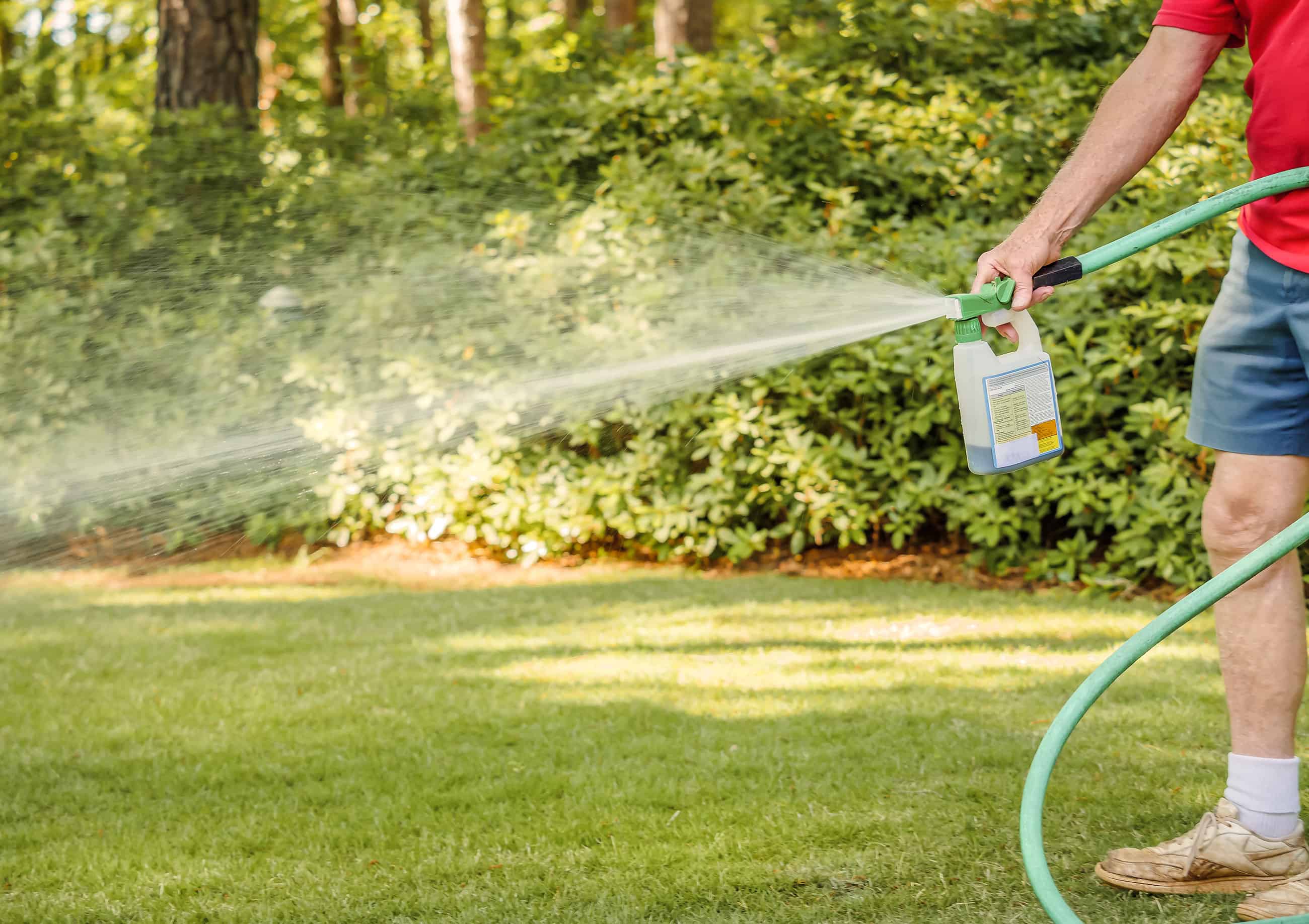
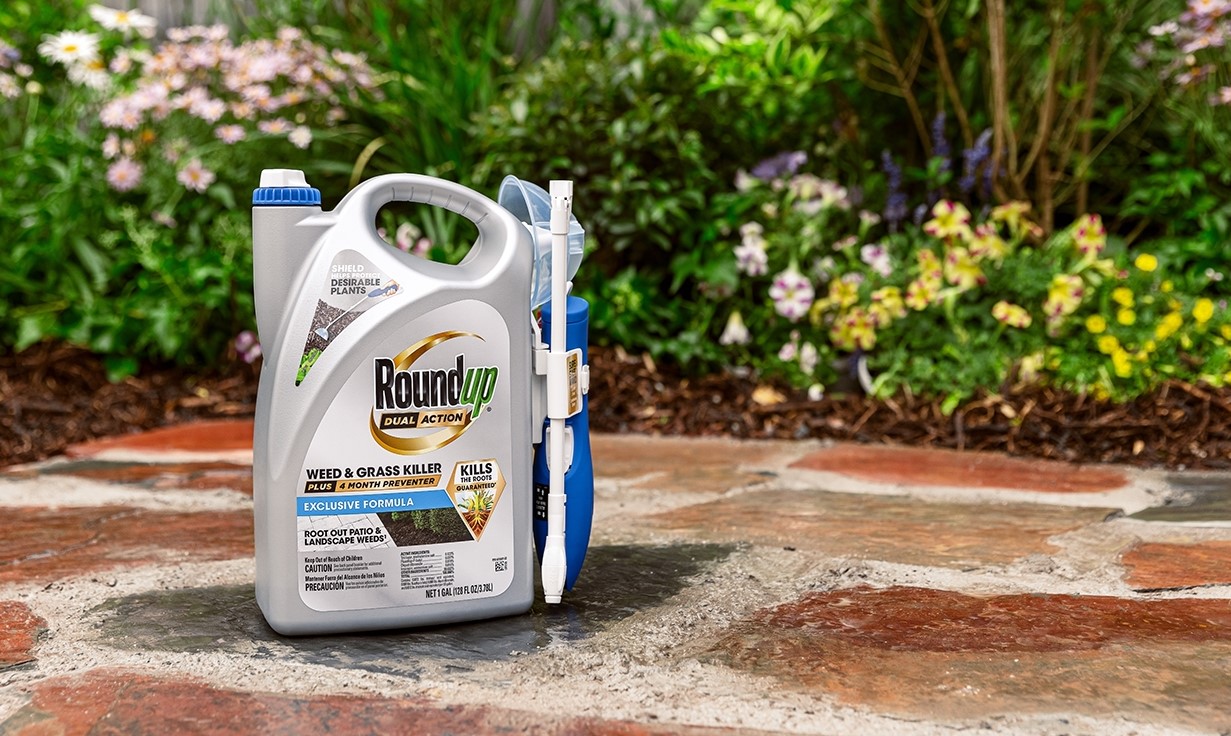
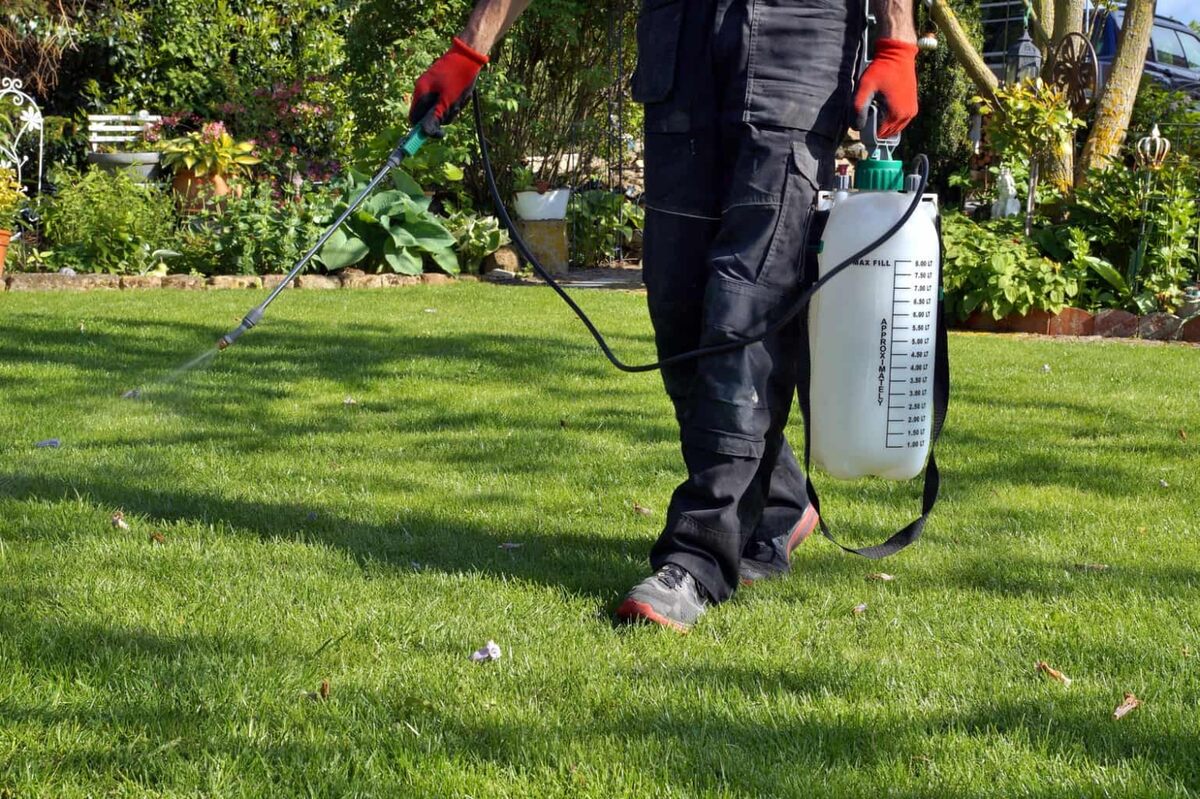
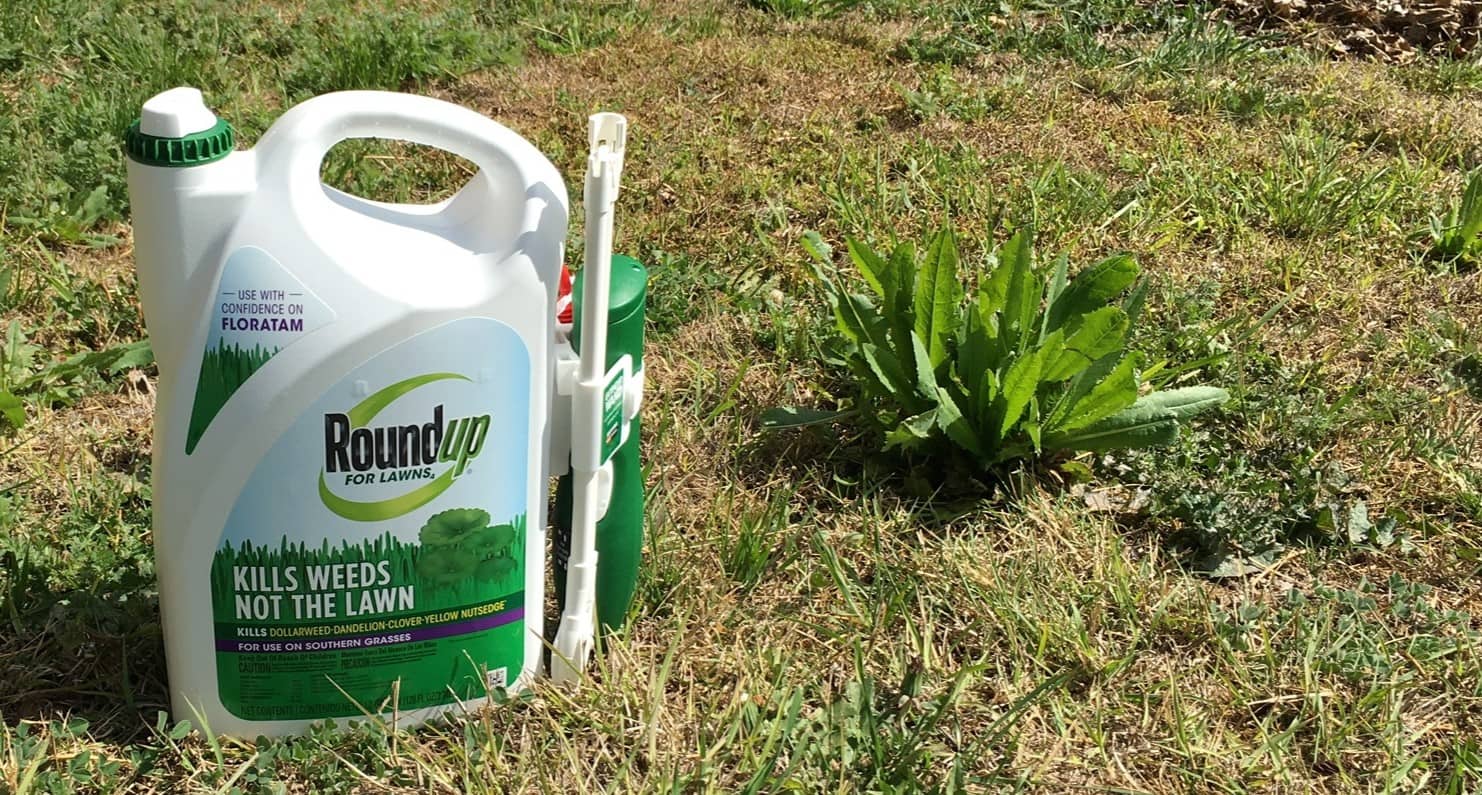
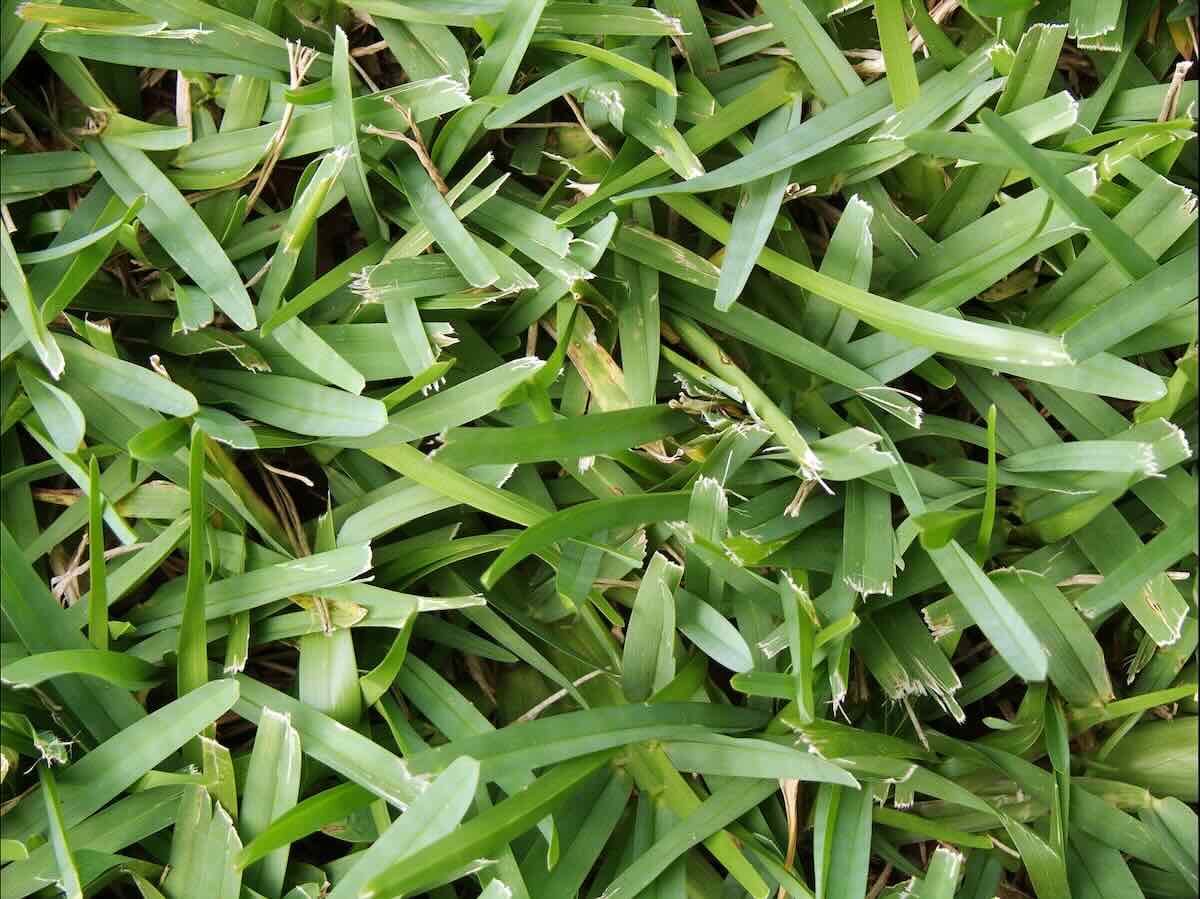
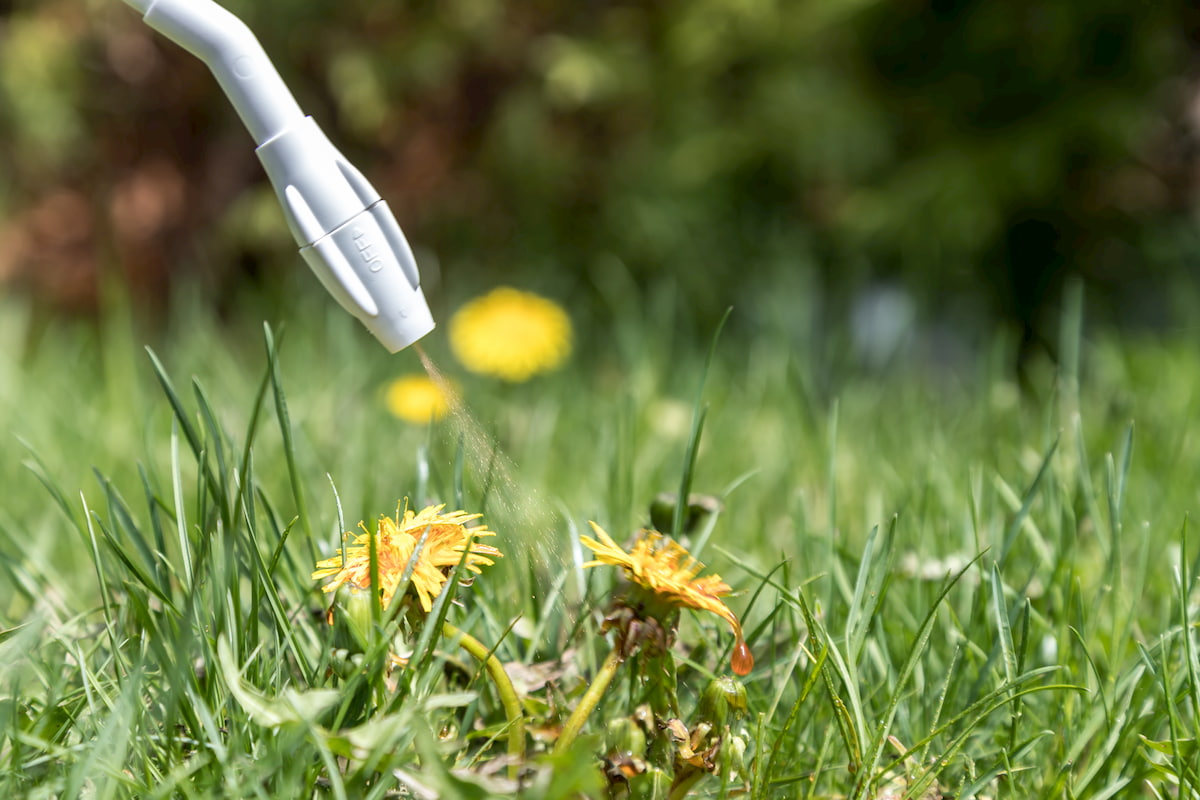
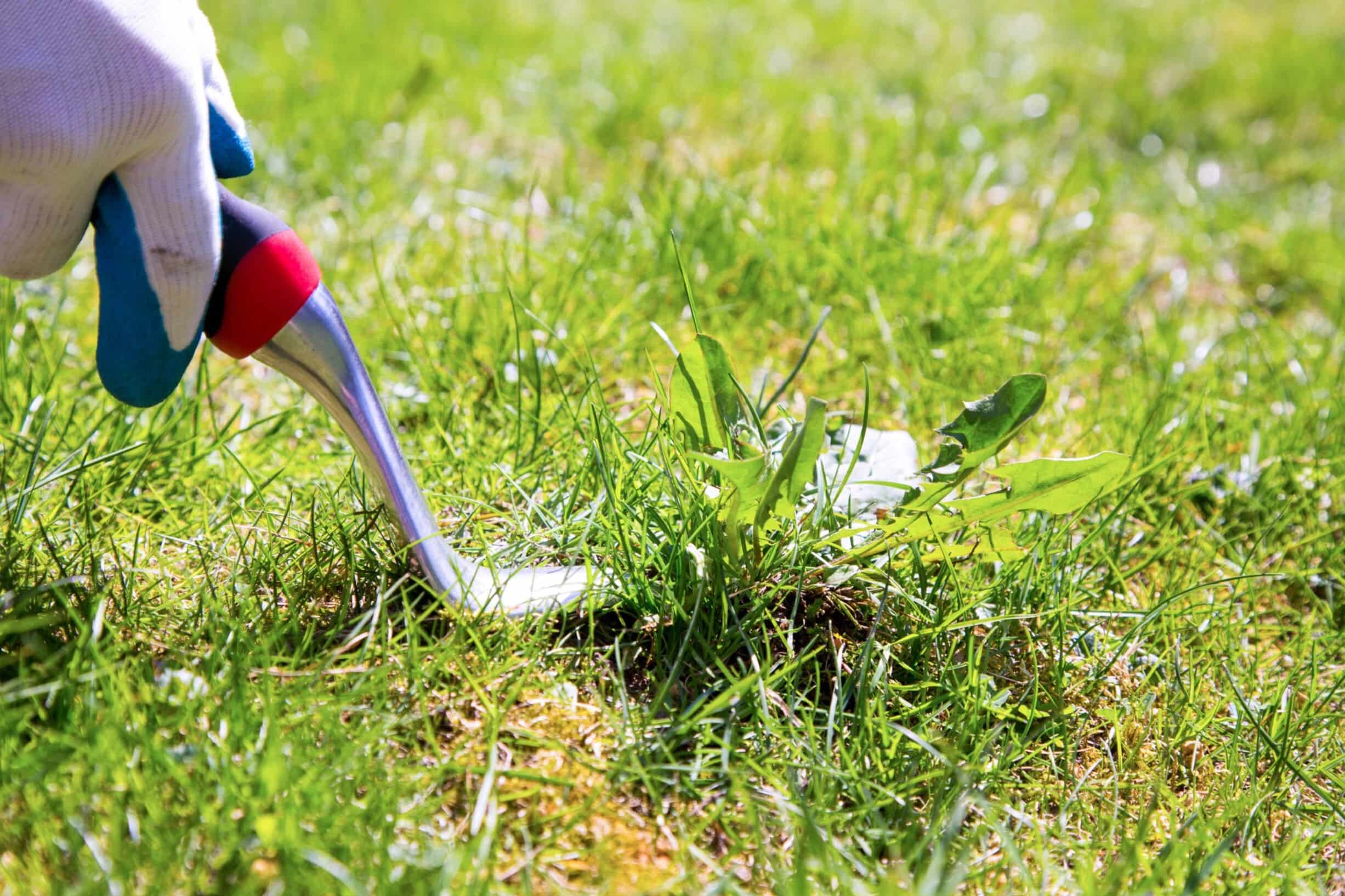
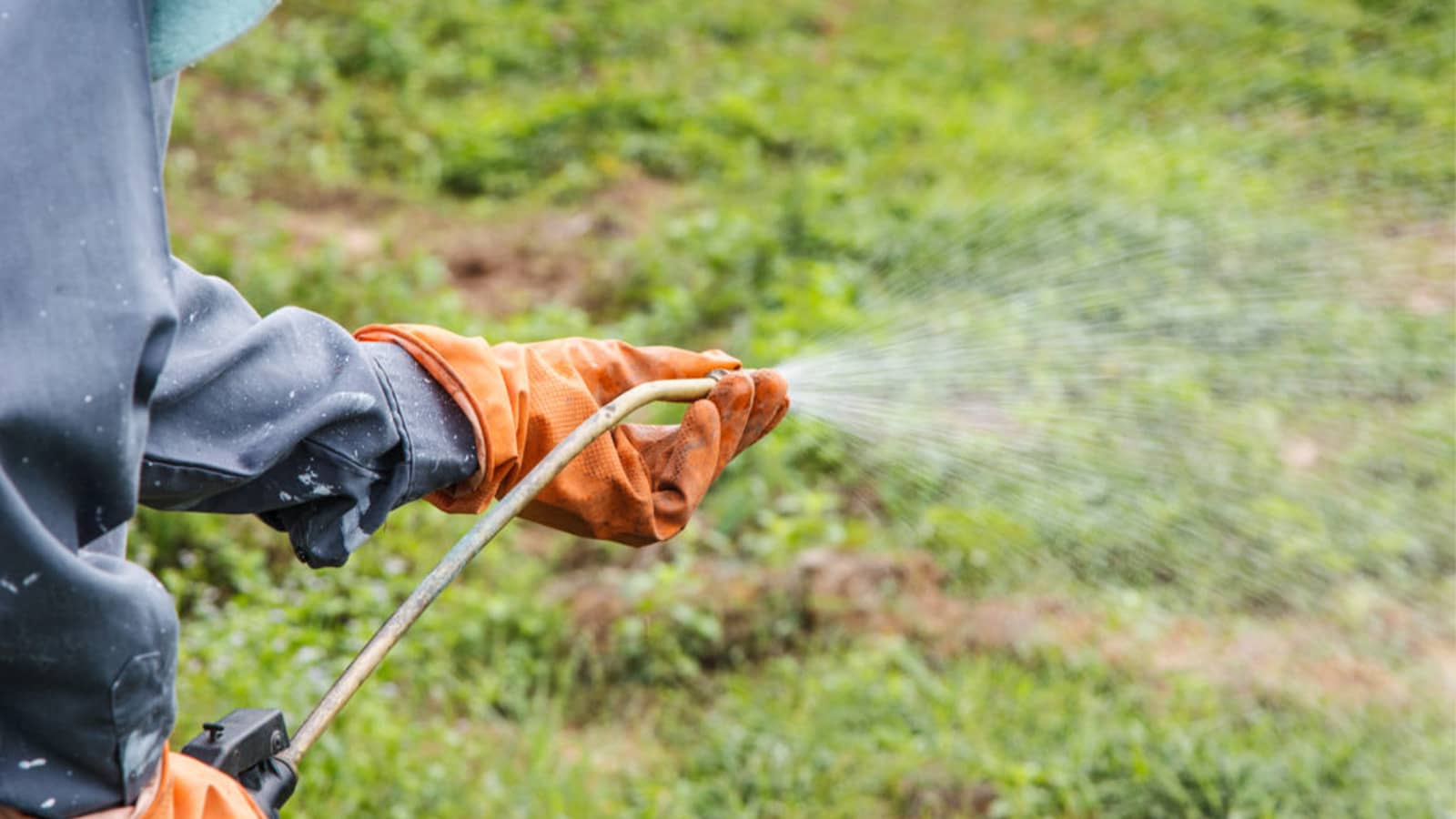
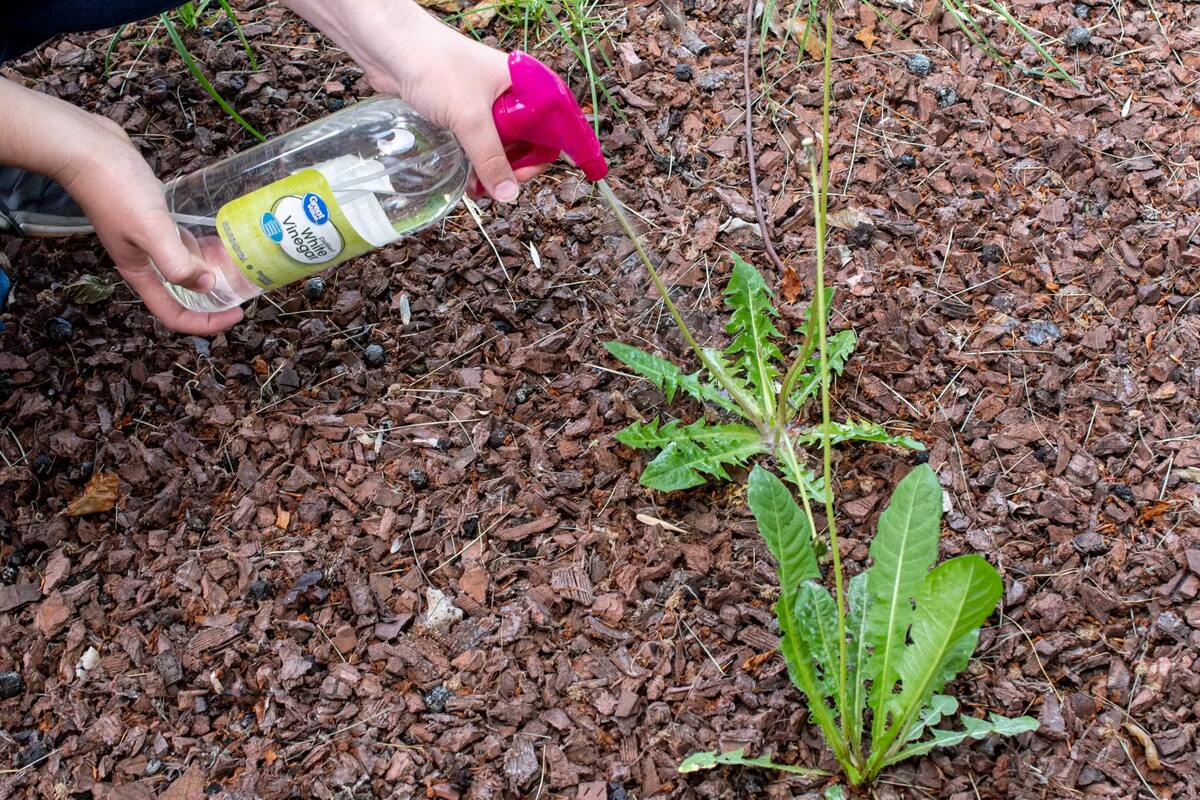

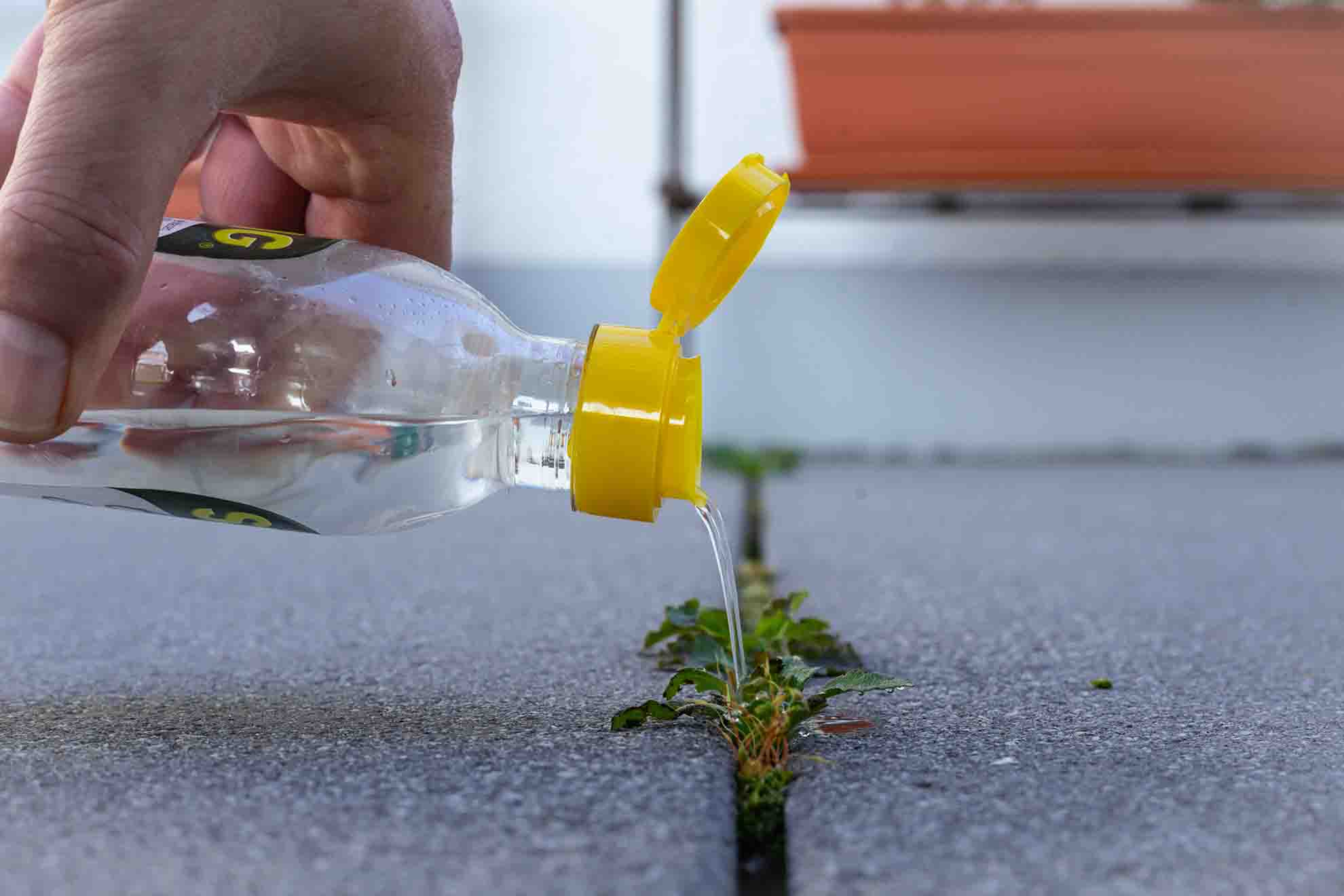

0 thoughts on “What To Spray On My Lawn To Kill Weeds But Not Grass”